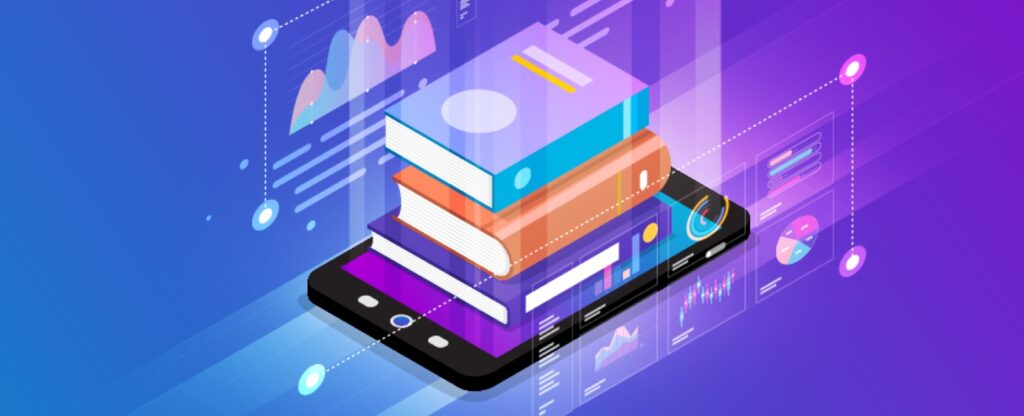The rapid evolution of mobile technology has reshaped various facets of our lives, with education being one of the most profoundly affected areas. The once rigid and traditional modes of learning have given way to more flexible and accessible forms, thanks to the advent of mobile devices. This shift has not only democratized education but also introduced innovative methods that cater to diverse learning needs and styles.
The Transformation of Traditional Education
Mobile technology has revolutionized traditional education by breaking down geographical barriers and making learning resources accessible to a global audience. No longer confined to physical classrooms, students can now access a wealth of information and educational content from their smartphones and tablets. This accessibility has been particularly beneficial for individuals in remote or underserved regions, where educational infrastructure may be lacking. Mobile learning platforms such as Khan Academy, Coursera, and Duolingo have made high-quality education available to anyone with an internet connection, fostering a more inclusive educational environment.
Moreover, the flexibility offered by mobile technology has transformed how students engage with their studies. With educational apps and mobile-friendly websites, learning can occur anytime and anywhere, fitting into the varied schedules of students. This has led to the rise of microlearning, where learners consume small, manageable chunks of information at their convenience. The ability to learn on the go not only enhances the retention of information but also makes learning a continuous, lifelong process. As a result, mobile technology has shifted education from a rigid structure to a more dynamic and personalized experience.
Benefits and Challenges of E-Learning
E-learning, powered by mobile technology, offers numerous benefits that enhance the educational experience. One of the primary advantages is the personalization of learning. Mobile apps and platforms often use algorithms to tailor content to individual learning preferences and paces, ensuring that students remain engaged and motivated. Interactive features such as quizzes, games, and simulations make learning more enjoyable and effective. Additionally, the multimedia capabilities of mobile devices, including video, audio, and interactive graphics, cater to different learning styles and enhance comprehension and retention.
However, the shift to mobile-based e-learning also presents challenges that need to be addressed. One significant issue is the digital divide, where access to mobile technology and the internet is not equally distributed. Students from low-income families or rural areas may face difficulties in accessing online educational resources, exacerbating existing inequalities. Moreover, the reliance on mobile devices for learning can lead to issues such as screen fatigue and distractions, potentially hindering students’ ability to focus and absorb information. Addressing these challenges requires a concerted effort from educators, policymakers, and technology developers to ensure that e-learning is accessible, equitable, and effective for all students.

The Broader Implications of Mobile Technology in Education
The integration of mobile technology into education extends beyond individual learning experiences, influencing broader educational practices and policies. One significant impact is the shift towards more data-driven approaches in education. Mobile learning platforms collect vast amounts of data on student interactions, progress, and preferences, providing educators with valuable insights into learning patterns and outcomes. This data can inform personalized teaching strategies, curriculum development, and early interventions for struggling students. By leveraging data analytics, educators can make more informed decisions that enhance the overall quality of education.
Furthermore, mobile technology has facilitated greater collaboration and communication within the educational ecosystem. Social learning platforms and mobile apps enable students and teachers to connect, share resources, and collaborate on projects in real-time, regardless of their physical locations. This fosters a more collaborative and interactive learning environment, encouraging the exchange of ideas and peer-to-peer learning. Additionally, mobile technology has empowered teachers with tools for continuous professional development, enabling them to access training materials, participate in online communities, and stay updated with the latest educational trends and practices.
In conclusion, the impact of mobile technology on education has been profound and multifaceted. By making education more accessible, personalized, and data-driven, mobile devices have transformed traditional learning paradigms and opened up new possibilities for students and educators alike. While challenges such as the digital divide and screen fatigue need to be addressed, the benefits of mobile technology in education are undeniable.

